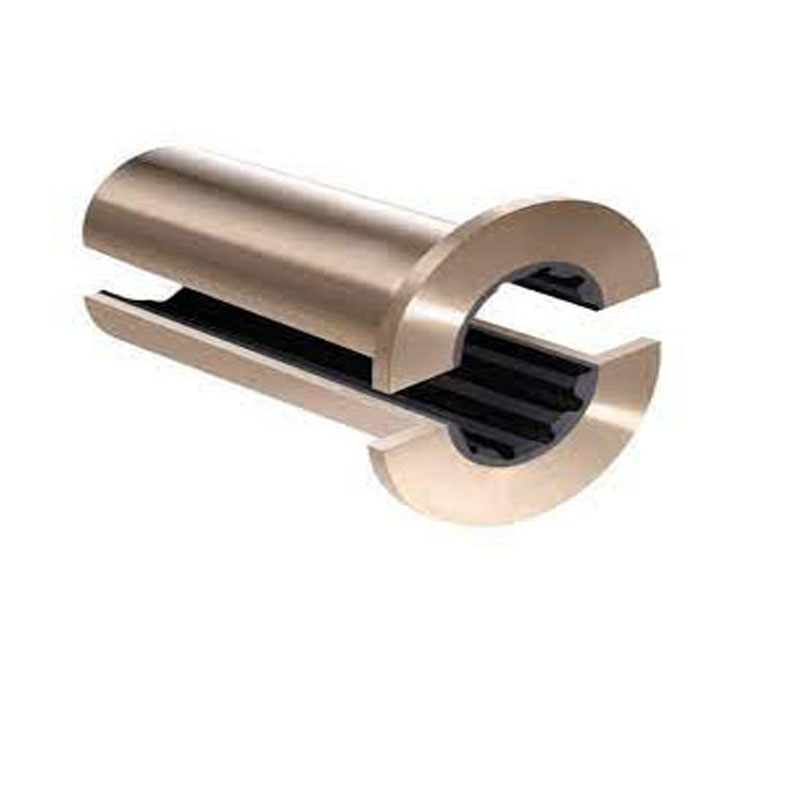rubber oil seal
The Importance of Rubber Oil Seals in Industrial Applications
Rubber oil seals play a crucial role in various industrial applications, ensuring the efficiency, longevity, and reliability of machinery and equipment. These seals are designed to prevent the leakage of lubricating oils and other fluids, which can otherwise lead to significant operational issues, increased maintenance costs, and potential breakdowns. This article will explore the characteristics, types, benefits, and applications of rubber oil seals.
Characteristics of Rubber Oil Seals
Rubber oil seals are typically made from elastomeric materials that exhibit excellent flexibility and resilience. Some common materials used for manufacturing these seals include Nitrile rubber (NBR), Viton (FKM), and Neoprene (CR). Each material has unique properties that suit specific operating conditions. For example, NBR offers good oil resistance and is suitable for temperatures up to 120°C, while Viton provides superior thermal and chemical resistance, making it ideal for more extreme conditions.
The design of rubber oil seals typically features a lip that makes contact with the rotating shaft, creating a barrier against contaminants while retaining the lubricating oil within the assembly. This design is essential for preventing wear and tear of moving parts, which can be exacerbated by the ingress of dirt and other foreign substances.
Types of Rubber Oil Seals
There are several types of rubber oil seals, each tailored for specific applications
. These include1. Rotary Seals Commonly used in pumps, motors, and gearboxes, rotary seals are designed to handle radial loads while containing lubricants within the assembly.
2. Static Seals These seals are used in applications where movement is minimal or non-existent. They provide an effective barrier against leakage between stationary components.
3. Face Seals Often used in hydraulic systems, face seals prevent fluid leakage by utilizing a flat face that enables a tight seal under pressure.
rubber oil seal

Choosing the right type of seal depends on factors such as the type of fluid, temperature, pressure, and environmental conditions.
Benefits of Rubber Oil Seals
The benefits of rubber oil seals are substantial and can significantly impact operational efficiency. Firstly, they prevent oil leaks, which conserves resources and reduces environmental pollution. This is especially critical in industries such as automotive, aerospace, and manufacturing, where even minor leaks can lead to significant ecological damage.
Secondly, rubber oil seals enhance the lifespan of machinery by maintaining the appropriate lubrication levels. A well-lubricated system operates more smoothly, reduces friction, and minimizes wear on components, leading to less downtime and lower maintenance costs.
Additionally, these seals are designed to withstand various environmental factors such as heat, dust, moisture, and chemicals. Their durability ensures that machinery continues to operate effectively, even in challenging conditions.
Applications of Rubber Oil Seals
Rubber oil seals find applications across a wide range of industries. In the automotive sector, they are utilized in engines, transmissions, and differentials to prevent fluid leaks and protect sensitive components. In manufacturing, they are integral to hydraulic systems, conveyor belts, and various rotary equipment, ensuring safe and efficient operation.
Moreover, rubber oil seals are commonly employed in aviation, marine, and heavy machinery applications, where reliability and performance are paramount.
Conclusion
In conclusion, rubber oil seals are indispensable components in modern engineering and industrial applications. Their ability to prevent leaks, protect machinery, and enhance operational efficiency underscores their significance across various sectors. As technology advances, the development of more resilient and effective rubber materials will continue to improve the performance of oil seals, thereby supporting the needs of an ever-evolving industrial landscape. Investing in high-quality rubber oil seals is not merely a choice; it is a necessity for maintaining superior machinery performance and operational excellence.
-
The Ultimate Guide to Boat Propeller Bearings and Trailer Wheel Bearings
News Jul.31,2025
-
The Essential Guide to Marine Bearings and Boat Trailer Wheel Bearings
News Jul.31,2025
-
The Complete Guide to Heavy Duty Seals: Protecting Doors and Spaces Efficiently
News Jul.31,2025
-
Essential Guide to Marine Shaft Bearings and Boat Trailer Axle Bearings
News Jul.31,2025
-
Comprehensive Guide to Marine and Trailer Bearings for Safe Boating and Transport
News Jul.31,2025
-
Comprehensive Guide to Automotive Oil Seals: Protecting Your Engine and Shafts
News Jul.31,2025
-
Understanding Automotive Oil Seals: Essential Components for Engine and Shaft Protection
News Jul.30,2025
Products categories















